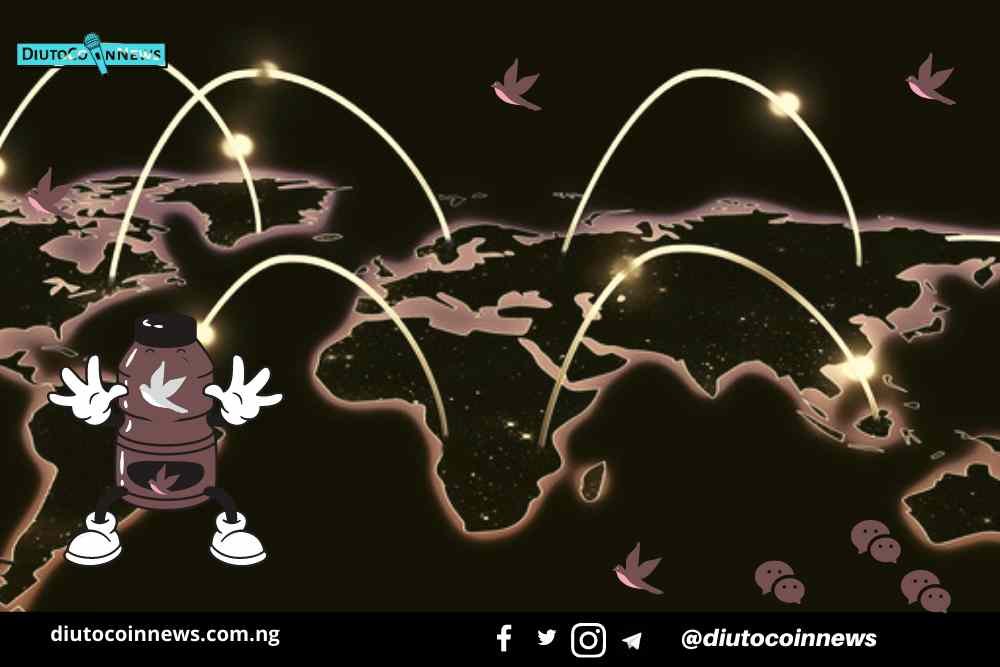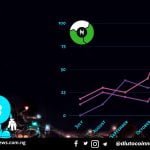The Bank for International Settlements (BIS) Innovation Hub announced earlier in the week a new set of projects across its various centres, updating its 2022 work programme, they include; Eurosystem Centre and the first comprehensive explorations in cyber security.
Morocco, Algeria and South Africa are the only three Central Bank members of the financial organization who have the right to vote also on decisions.
Most central banks researching retail CBDCs try to emulate the traditional model, known as the “two-tier architecture”, in which money is provided to the public via intermediaries such as banks and payments services providers.
Building on the Bank of Israel’s strengths in cyber security and on the HKMA learnings from the earlier Aurum project, Sela will explore technological solutions to allow intermediaries to provide CBDCs to users without the related financial exposure, reducing risks and costs in the process, combined with a strong focus on cyber security.
In collaboration with the United Nations Framework Convention on Climate Change (UNFCCC), and other public and private parties. In this new phase, blockchain, smart contracts and other related technologies will be used for the tracking, delivery and transfer of so-called digitised Mitigation Outcome Interests – de facto carbon credits recognised under national verification mechanisms compliant with the Paris Agreement – attached to a bond.
The project’s goal is to create an open-source market intelligence platform to shed light on market capitalisation, economic activity and risks to financial stability.
In January, the Innovation Hub announced its work programme for 2022, including the first projects in the London and Stockholm centres.
Discover more from DiutoCoinNews
Subscribe to get the latest posts sent to your email.










